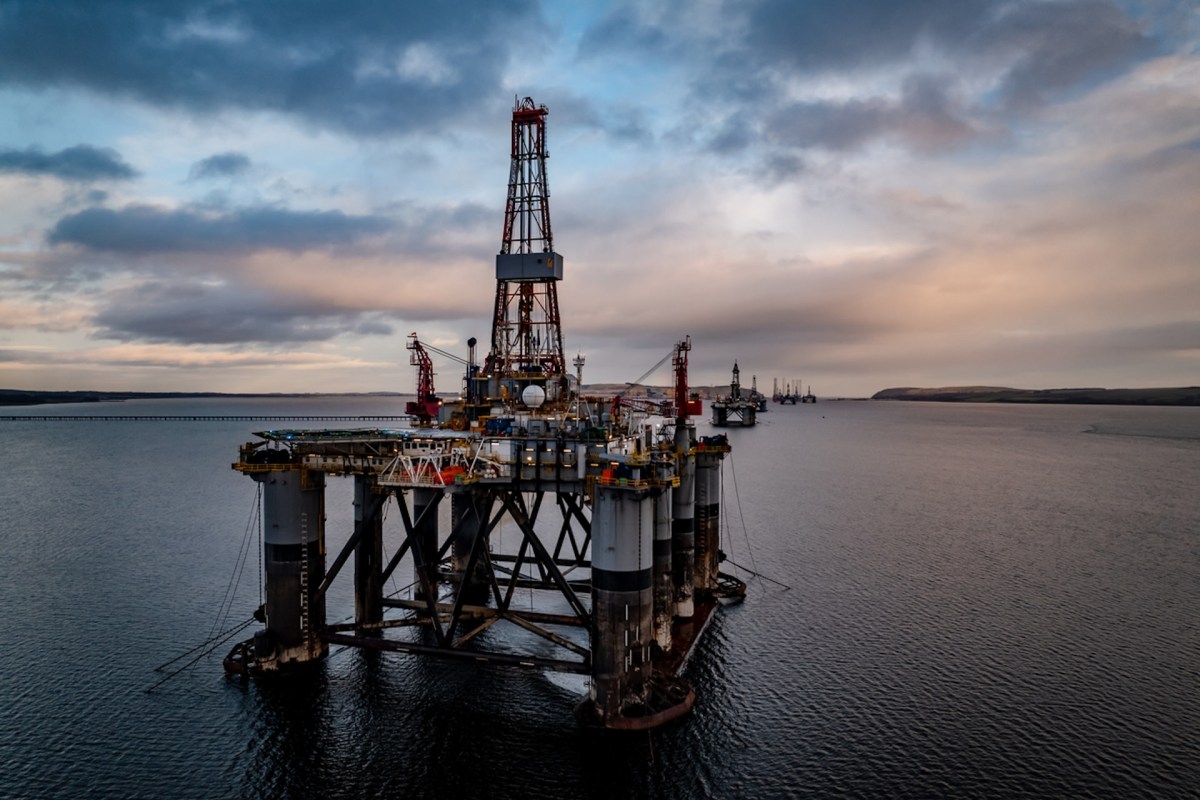While the wealthiest countries have pledged to stop investing in oil and gas, the Guardian reported that they have invested billions of dollars into dirty energy projects in developing countries.
What's happening?
The G7 countries were supposed to wind down their investments in dirty energy projects, but the Guardian reported that between 2020 and 2022, these countries invested $142 billion into overseas oil and gas developments. The biggest offenders were Canada, Japan, and South Korea.
Canada spent a yearly average of just under $11 billion, Japan $7 billion, and South Korea $10 billion between 2020 and 2022.
The G7 countries agreed to stop funding international oil, gas, and coal projects by the end of 2022. However, according to the report from Oil Change International, countries like the U.S., Italy, and Germany spent billions on overseas projects in the 2022-2023 fiscal year.
The report also showed that Japan continued its spending even into March 2024.
"We must continue to hold wealthy countries accountable for their role in funding the climate crisis, and demand they move first and fastest on a fossil fuel phase-out, to stop funding fossil fuels, and that they pay their fair share of a globally just transition, loss and damage and adaptation finance," Claire O'Manique, a public finance analyst at OCI, said.
Why is investing in overseas oil and gas developments concerning?
When the wealthiest countries in the world, including the G7 and the G20, continue to invest in oil and gas projects overseas, the transition into clean energy is delayed. Transitioning away from these energy sources will improve the global population's health.
These investments will also keep polluting gases in the air, making it harder to meet climate goals, such as staying within the 2.7 degrees Fahrenheit climate threshold signed into the Paris Agreement.
Hurricanes have become increasingly strong because of rising temperatures. This would become even worse if the 2.7-degree threshold were passed. Many coastal homes in states like Florida and other small islands would become uninhabitable.
What can be done about overseas oil and gas investments?
The good news is that, according to the Guardian, G20 countries, which includes the G7, invested $104 billion into more affordable energy projects through 2020-2022. The Biden administration recently announced $425 million for clean energy projects in coal communities.
Governments must shift gears and focus their funding on solar, wind, and hydro energy projects.
The private sector can also play a role in the transition, but governments should create more incentives. Take Germany, for example. It's on track to meet its 2030 climate targets and is helping companies pay for the upfront costs of clean energy.
It's not just about what corporations and governments can do. You can make your voice heard by speaking to your representatives about funding more affordable energy developments overseas and voting for pro-climate candidates.
Join our free newsletter for cool news and actionable info that makes it easy to help yourself while helping the planet.









